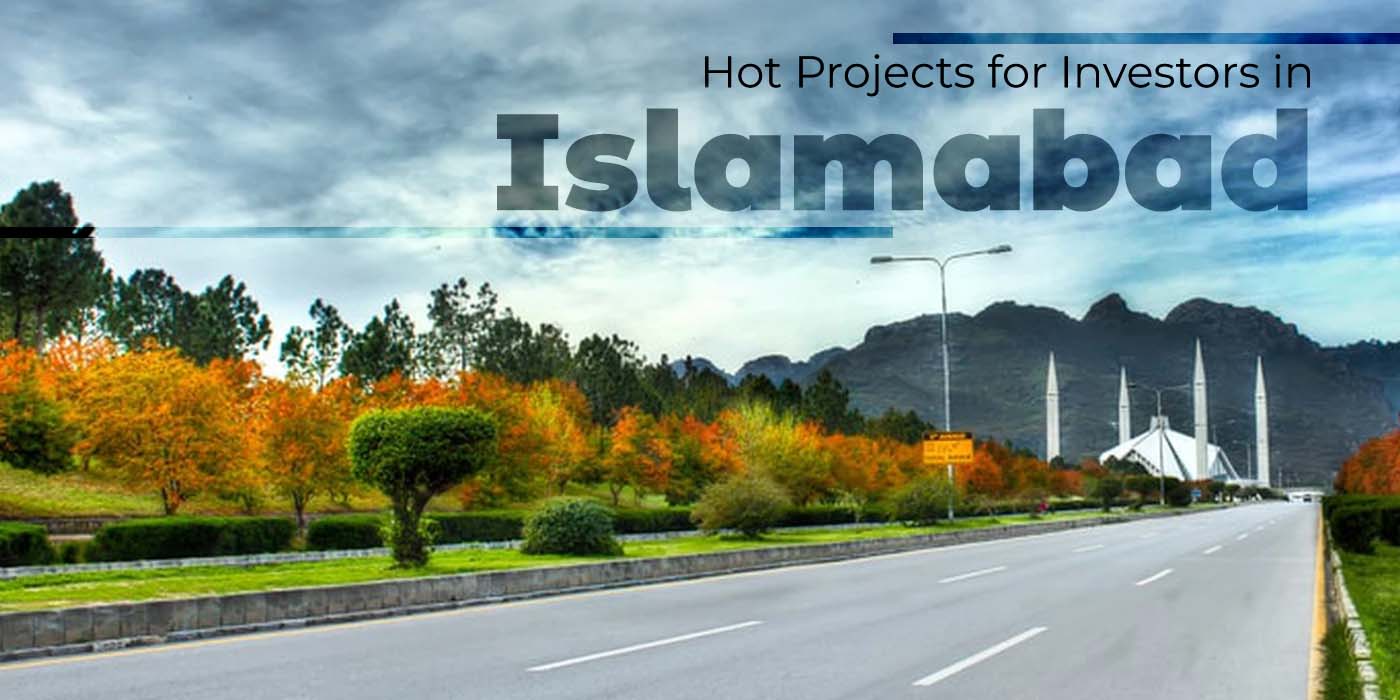The Role of CDA & RDA in regulating Real Estate Projects
The real estate market plays a significant role in any country’s economy, and it is no different in Pakistan. Two regulatory authorities that oversee the real estate market in the country are the Capital Development Authority (CDA) and the Rawalpindi Development Authority (RDA). They have an essential role in managing the real estate market and ensuring that it operates fairly and transparently. In this blog, we will discuss the roles and responsibilities of these authorities in regulating the real estate market.
The Capital Development Authority (CDA) is responsible for regulating and managing real estate development in Islamabad, the capital city of Pakistan. It was established in 1960 and has the authority to approve, regulate, and monitor real estate projects. CDA has an essential role in promoting sustainable development, enforcing building codes and standards, and ensuring compliance with environmental regulations. The authority is also responsible for the planning and development of the city’s infrastructure, such as roads, water supply, and sewage systems.
The Rawalpindi Development Authority (RDA) is a regulatory body that oversees real estate development in the Rawalpindi district, including Rawalpindi city and its suburbs. RDA was established in 1989, and it has the authority to approve, regulate, and monitor real estate projects. The authority is responsible for ensuring that the real estate market operates fairly and transparently, and it is also responsible for enforcing building codes and standards.
The roles and responsibilities of the CDA and RDA are critical in the regulation of the real estate market in Pakistan. They ensure that real estate developers comply with building codes, safety regulations, and environmental standards. They also play an essential role in ensuring that real estate developers are transparent in their dealings with customers, which includes disclosing all relevant information about their projects.
One of the most significant challenges that the CDA and RDA face is dealing with fraudulent societies. Many developers, particularly in Rawalpindi and Islamabad, have been found to be involved in fraudulent practices. They often lure investors by offering low-priced plots in unauthorized and unapproved projects. Such practices lead to severe losses for investors who put their hard-earned money into these projects.
To tackle this issue, the CDA and RDA have increased their efforts to identify and crackdown on fraudulent societies. They have established complaint centers where the public can report any fraudulent activity, and they have also increased their monitoring of real estate projects.
In conclusion, the CDA and RDA play an essential role in regulating the real estate market in Pakistan. They ensure that real estate developers operate transparently and comply with building codes and safety regulations. However, these regulatory bodies need to be more vigilant and proactive in dealing with fraudulent societies. With effective regulation, the real estate market in Pakistan can thrive and provide a valuable contribution to the country’s economy.





